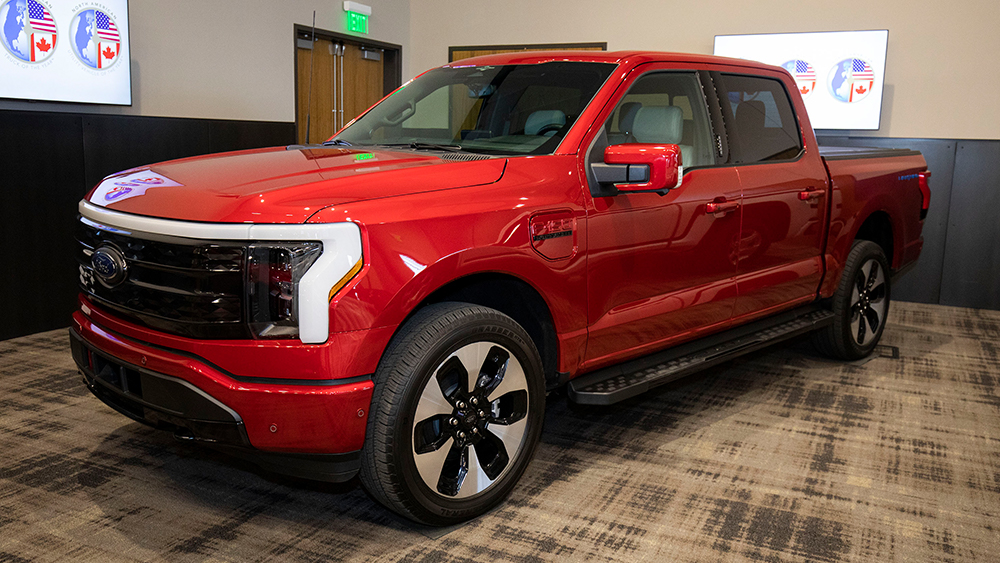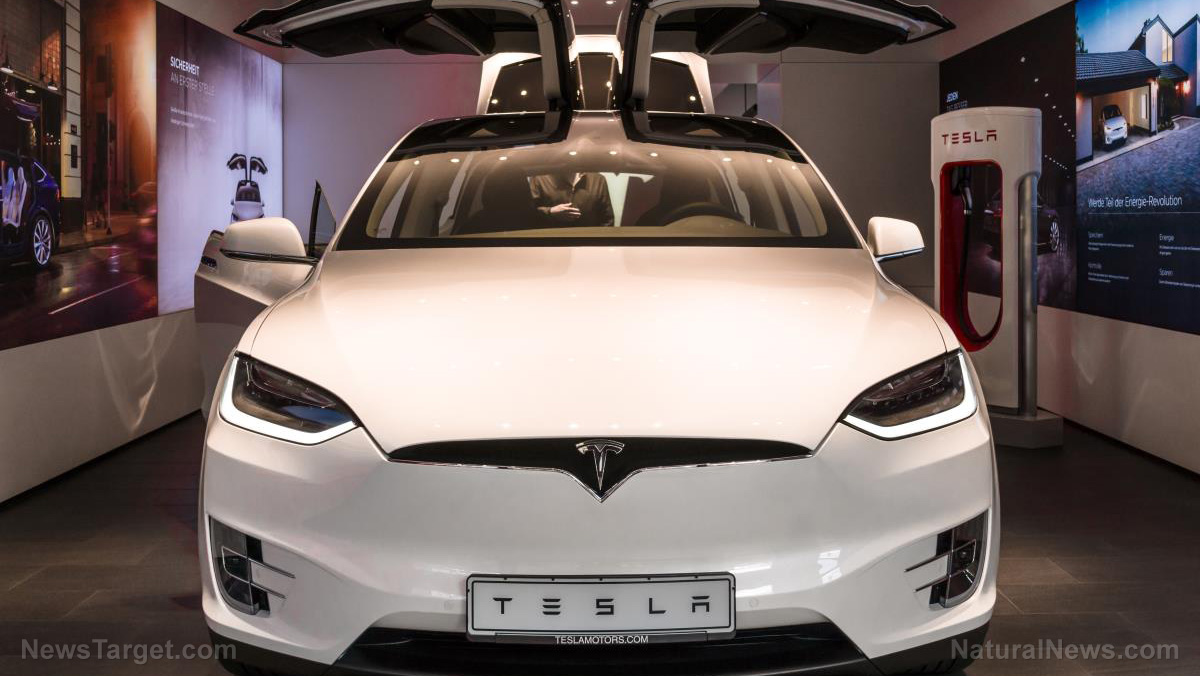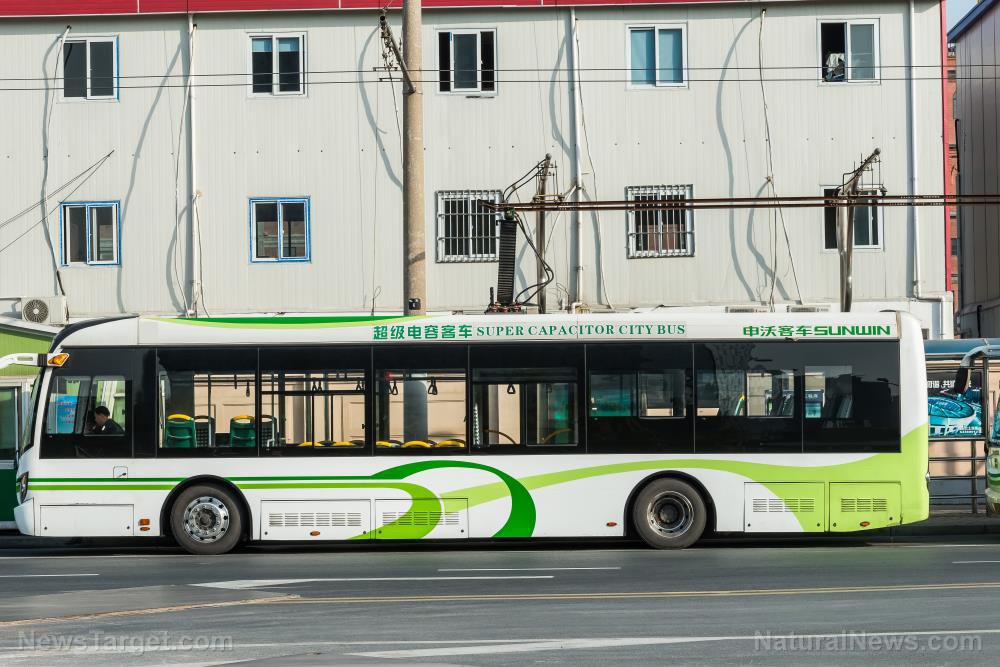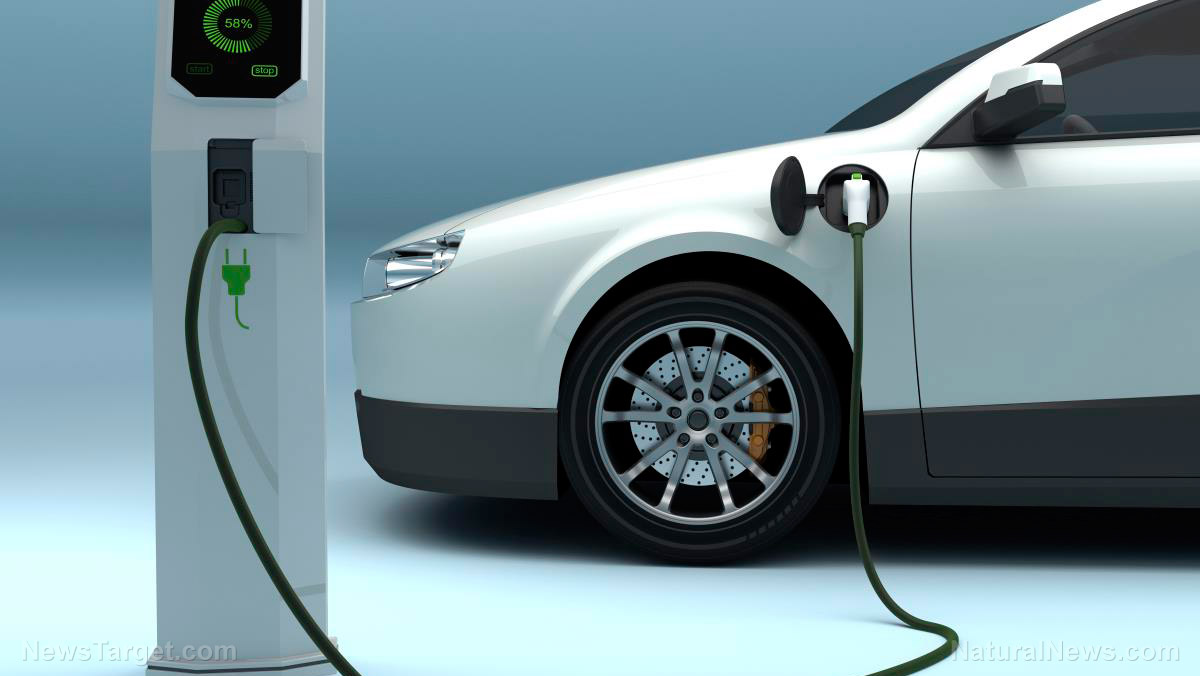Study: California may be home to the world’s largest known lithium deposit
12/07/2023 / By Kevin Hughes

A new study suggests that a lake in California may be home to the largest known deposit of lithium in the world, enough to power over 300 million new electric vehicles (EVs).
The Salton Sea, a shallow saltwater lake in Southern California, has been a known hotbed of lithium brine for years. It has been mobbed by corporations big and small looking to take advantage of a potentially lucrative source of lithium that would be cost-effective to produce – all it takes to extract lithium is to dissolve it in the boiling brine water that flows below the lake’s southern point.
The recently released study financed by the Department of Energy is the first to quantify just how much lithium is in the Salton Sea. Researchers from the Lawrence Berkey National Laboratory believe the lithium reserves in the lake could support the production of over 3,400 kilotons of lithium, which is enough to build batteries for 375 million EVs. (Related: Car companies are expanding into the lithium mining business to secure their supplies for EV manufacturing.)
The United States has roughly 2.4 million registered EVs – a number that hasn’t been updated yet to reflect new registrations this year. With the federal government expecting the EV market to massively expand by 2030 and with predictions suggesting that the world could face a lithium shortage as early as 2025, American EV manufacturers are interested in exploiting any source of lithium they can.
Salton Sea lithium enough to supply the globe for decades
According to a press release from the Energy Department that accompanied the publishing of the study, the department claims that all of the lithium found in the Salton Sea is enough to “enable the United States to meet or exceed global lithium demand for decades.”
“This is pretty significant. It makes this among the largest lithium brine deposits in the world,: said Michael McKibben, a professor of geochemistry at the University of California, Riverside and one of the study’s authors. “This could make the U.S. completely self-sufficient in lithium, so we’re no longer importing it via China.”
While this study confirms the lithium deposits in the Salton Sea, finding a way to harness and extract the lithium from the geothermal brine in the saltwater lake at a commercial scale will be a daunting task for any company given permits to start mining. But several corporations are already working on this and have already secured significant investments to develop extractive technology.
The California Energy Commission has given a $6 million grant to Des Moines-based Berkshire Hathaway Energy and a $1.46 million grant to Southern California startup Controlled Thermal Resources. Both grants were provided several years ago and are meant to help them develop extraction techniques.
General Motors and Stellantis have already partnered with Controlled Thermal Resources to secure lithium from the Salton Sea.
The two corporations plan to avoid open-pit drilling and creating huge evaporation pools, a process that could take months or even years and leave massive ecological damage to the area. They hope to develop a more environmentally friendly way to extract the lithium.
Learn more about lithium mining at Metals.news.
Watch the video below about Gov. Gavin Newsom calling California the “Saudi Arabia of lithium.”
This video is from the Economy Lady channel on Brighteon.com.
More related stories:
Experts warn that a worldwide lithium shortage could come as early as 2025.
Car companies are reviving abandoned oil wells in Arkansas to mine lithium.
GREEN SHORTAGE: Lack of lithium preventing Indonesia from becoming a global hub for EVs.
Sources include:
Submit a correction >>
Tagged Under:
big government, California, corporations, discoveries, electric car industry, electric cars, electric vehicles, energy supply, environment, EV battery, EVs, fuel supply, green living, Green New Deal, lithium, lithium extraction, lithium mining, metals, power, real investigations, Salton Sea
This article may contain statements that reflect the opinion of the author
RECENT NEWS & ARTICLES
FlyingCars.News is a fact-based public education website published by Flying Cars News Features, LLC.
All content copyright © 2018 by Flying Cars News Features, LLC.
Contact Us with Tips or Corrections
All trademarks, registered trademarks and servicemarks mentioned on this site are the property of their respective owners.



















